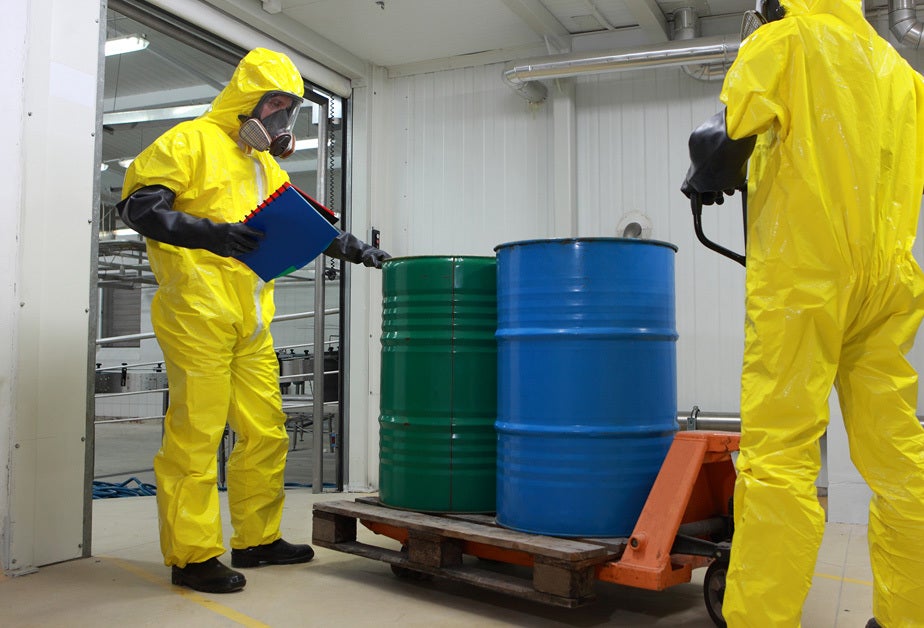The Candidate List of substances of very high concern (SVHCs) expanded to include eight new substances in July and now stands at 219 named substances, not including their breakouts. The list is a key component of the EU Registration, Evaluation, Authorisation, and Restriction of Chemicals (REACH) Regulation — a significant market access hurdle for companies selling in the EU.
Companies with SVHCs above threshold in their products must follow legal obligations to notify downstream customers and follow safe-use practices. In the EU, they must also submit a notification to the Substances of Concern In articles, as such or in complex objects (Products) (SCIP) database.
As a trigger to regulatory requirements, staying on top of the ever-evolving list is crucial to a successful compliance program. This update is the second of two scheduled updates from the European Chemicals Agency (ECHA), which oversees the REACH compliance. The next update is likely to be in early January 2022.
The New SVHCs
The newly added substances are:
- 2-(4-tert-butylbenzyl)propionaldehyde and its individual stereoisomers (CAS number 80-54-6).
- Orthoboric acid, sodium salt (CAS number: 237-560-2).
- 2,2-bis(bromomethyl)propane1,3-diol (BMP) (CAS number: 221-967-7).
- 2,2-dimethylpropan-1-ol, tribromo derivative/3-bromo-2,2-bis(bromomethyl)-1-propanol (TBNPA) (CAS number: 253-057-0).
- 2,3-dibromo-1-propanol (2,3-DBPA) (CAS number: 202-480-9).
- Glutaral (CAS number: 203-856-5).
- Medium-chain chlorinated paraffins (MCCP) (CAS number: 85535-85-9).
- UVCB substances consisting of more than or equal to 80 percent linear chloroalkanes with carbon chain lengths within the range from C14 to C17.
- Phenol, alkylation products (mainly in para position) with C12-rich branched alkyl chains from oligomerisation, covering any individual isomers and/ or combinations thereof (PDDP).
- 1,4-dioxane (CAS number: 204-661-8).
- 4,4′-(1-methylpropylidene)bisphenol (CAS number: 201-025-1).
The substances are used in multiple industries for many different purposes. Many are solvents, plasticisers, or flame retardants. They likely enter the supply chain in the early stages of manufacture, presenting a challenge for downstream companies trying to acquire data to meet obligations.
SCIP & SVHCs
The requirement to submit dossiers to the SCIP database is a relatively new development for businesses in the EU. Under the EU Waste Framework Directive (WFD), companies must declare the presence of SVHCs above the 0.1 percent weight over weight (w/w) threshold in each article within a product. The downloadable list of reportable substances under the EU WFD is derived from the Candidate List of SVHCs, but is substantially larger as it contains the breakout substances within greater substance families. For example, the Candidate List is 219 named substances, whereas the greater SCIP Candidate List is now 435 substances.
This update is the first time that the SVHC announcement was coordinated with changes to the SCIP database. The obligation to submit data is also retroactive, meaning companies will need to amend already submitted dossiers if the articles contain the new SVHCs.
Where do SVHCs fit with the SCIP database? Download our whitepaper, EU Waste Framework Directive: Understanding SCIP Database Requirements, to learn more.
Compliance Agility
The Candidate List of SVHCs is a prime example of evolving requirements and the challenges companies face in staying ahead of regulations. Manual processes used to acquire, validate, and communicate with suppliers will quickly become overwhelmed by changing requirements. Streamlining your program through platform technology is becoming the norm for businesses around the world.
Assent is the leading supply chain risk management solution, providing automated data management for over 600 companies internationally. Coupled with a dedicated support team, Assent’s robust platform is designed to meet current requirements and future challenges head on, no matter the data burden. If you’d like to learn more, contact us.










